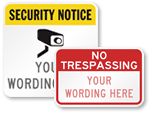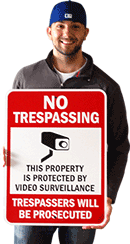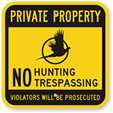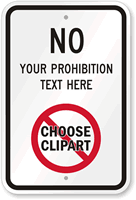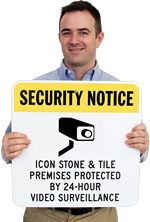When the media decides to test school security, who wins?
The natural reaction to tragedies like 9/11 and school shootings is to tighten security. That’s all very well, but who is qualified to test those new security measures? Whether the media is qualified is open to debate after a KSDK channel employee walked into a St. Louis high school to determine if its security was up to snuff.
After the news station employee roamed the hallways unquestioned for many minutes, staff at Kirkwood High School finally smelled a rat. They put the school on lockdown for 40 minutes. The police were called, teachers switched the lights off, and students huddled in classroom corners. Panicked parents rushed to school to make sure their children were safe.
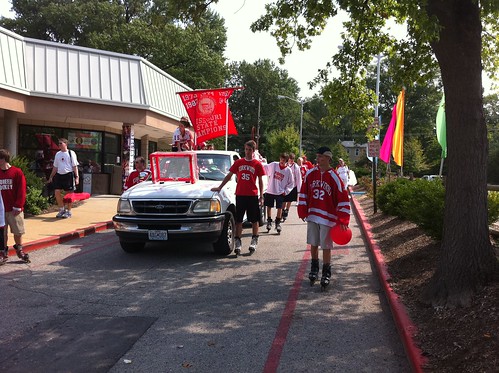
Students at Kirkwood High School. From Steve Bickel.
Was the exposure of the security lapse worth the scare?
Parents objected to the unnecessary scare caused by the news channel. Jen Wilton, A parent who learned of the lockdown via a text from her child, said, “I have a few more gray hairs because of it, and it terrified my kids and a lot of other kids.”
Many believe that the role of media is to report rather than try to create news. “There has to be some reason that you’re doing that, that you are testing something in particular based on some sort of evidence other than just, ‘school security is a problem in our country,’ ” said journalism ethics professor at DePauw University Bob Steele.
Media pays the price for such investigations
Although some outlets were penalized after attempting similar stunts post 9/11, the lure of higher ratings seems to have attracted them again. Various media channels are being punished for pushing ethical boundaries while investigating school security.
In North Dakota’s Fargo, a correspondent who covertly entered a school was investigated for trespassing. However, when her station agreed to distance her from school reporting for three months, the school decided not to press charges.
Alexandra Wallace, senior vice president of NBC News, has defended the network’s use of hidden cameras, saying, “I don’t know how you see what the truth is if you don’t go in that way.”
Journalists could get more than they bargain for when they go exploring
Steele points out that media personnel wandering in schools could have unintended consequences for them, such as security personnel pulling out guns. At Kirkwood High School, when KSDK employee John Kelly asked for directions to the bathroom but went in a different direction, school employees became alert.
Although the school authorities called KSDK to check whether he was their employee, the station did not confirm his credentials. The school warned the station that it would initiate lockdown in that case.
Was it right for the station to test the school’s patience? “Is it O.K. for them to set a fire and see how fast the fire department responds?” asked Kirkwood School District Superintendent Thomas Williams. Although KSDK stood by its report at first, it later apologized to Williams. It said that it would change its practices in the future for such stories.
Supporters of such media undercover investigations
Some feel that the media is simply practicing watchdog journalism when it takes up such stories. PTA president at the Sojourner Truth school at Harlem, Sonya Hampton, was happy with a WNBC investigation which saw a reporter entering seven out of ten NYC schools unhindered. “If you were doing your job, you would have never let them get there,” she says.
But even though the result might have been the one desired, the means to achieve it does not sit well with some. Kirkwood High School spokesperson Ginger Cayce might have been happy with KSDK’s results, but not the means. “We learned some things from this, but we are still dismayed that a call was not given after to let us know this was a test,” she says.
Category: security, Surveillance


